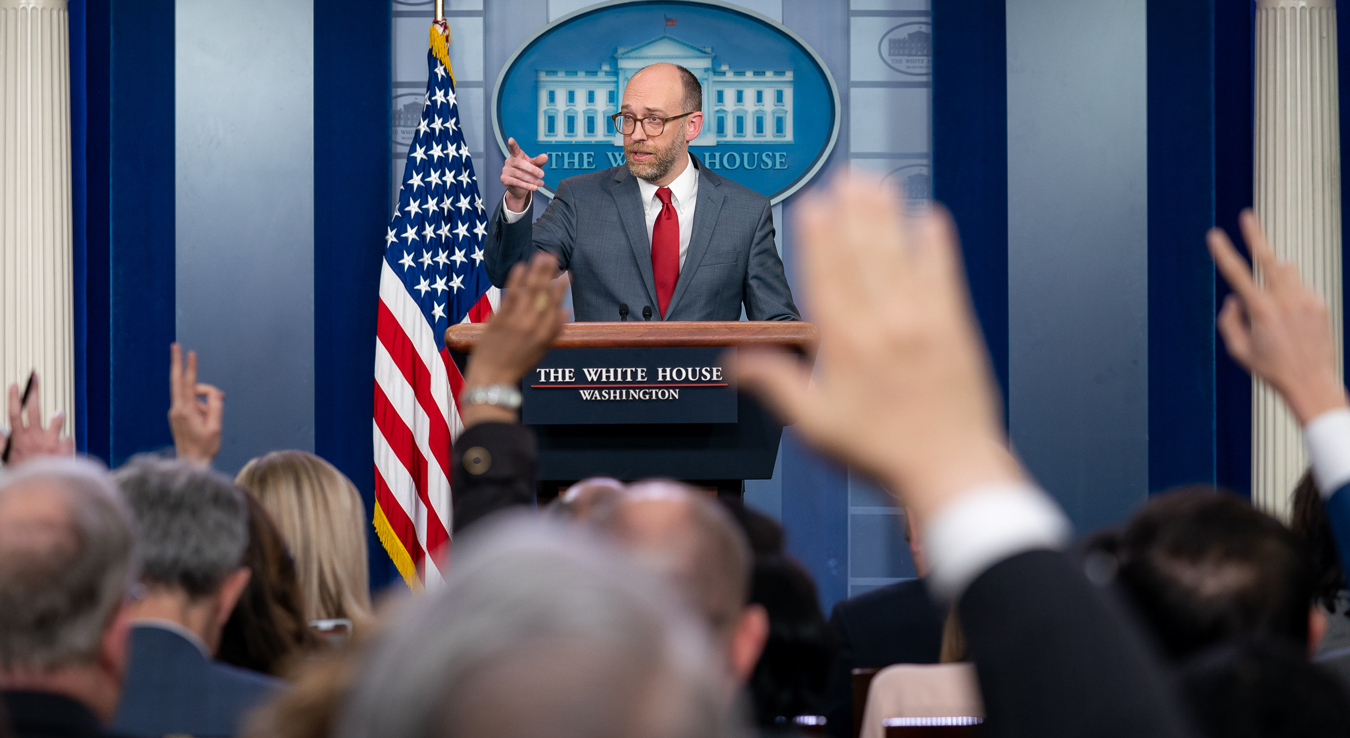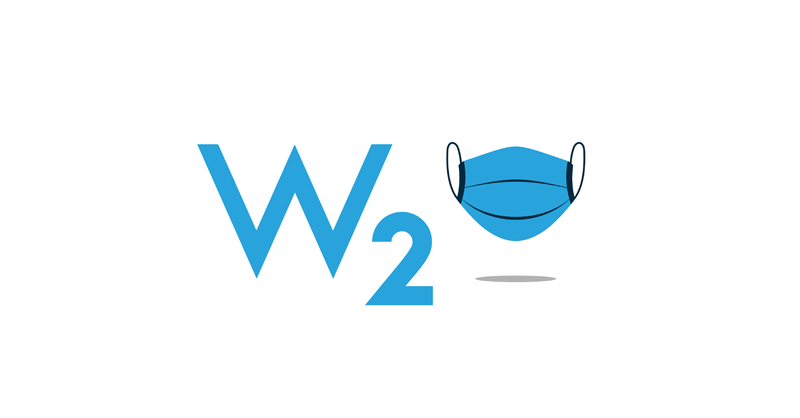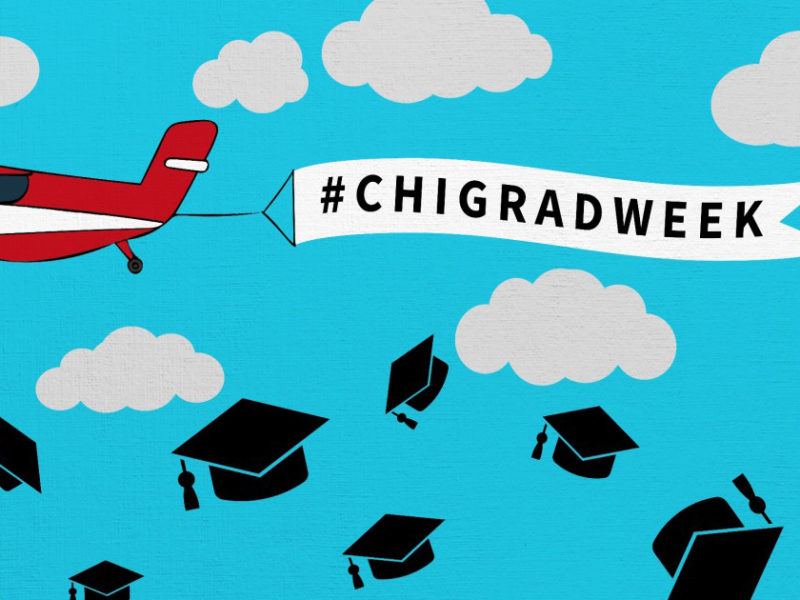
5 Insights into Covering the White House in 2020 from a White House Reporter
Fake news and alternative facts. Social media bots, a 24/7 news machine, partisan cable news, bite sized headlines.
This is the age of misinformation.
Being a journalist in the age of misinformation is an entirely new ballgame, unlike any moment in the history of the press. In the past few years, news organizations have come under attack from detractors on multiple fronts, some of whom argue that the media operates with a bias, others of whom claim that the press perpetuates toxic rhetoric and behavior.
In his new book, Front Row at the Trump Show, Jonathan Karl, Chief White House Correspondent for ABC News as well as the president of the White House Correspondents’ Association, argues that the current situation isn’t, in reality, a simple matter of heroes and villains pitted against each other—but that’s certainly how the story is being told by both sides.
On May 5, we (virtually) sat down with Karl to dive into his New York Times bestselling book and to examine the vicissitudes of faith in reporting from the White House when media grandstanding and rhetorical obfuscations are the rule of the day. Here are five powerful takeaways from the conversation.
Karl’s primary audience for his book is supporters of the President.
“I wanted to speak to those who really support Trump and believe his attacks on the press, to show that I could tell a story that is without bias and without malice.”
Karl’s core argument is that the president uses the press to accomplish goals extraneous to discrediting the press alone. In order to show this, he uses examples of moments where, even on matters that are important to the president’s stated goals and supporters (military spending, for example), the record is inconsistent and untrue. In doing so, Karl wanted to address supporters of the Trump Administration on their own stated terms.
The 2020 election is going to look like nothing we’ve ever seen before.
“I don’t expect that the conventions are going to look the way they’ve looked in the past. They’re one of the most crowded places on earth. Are we going to be allowed to do that?”
In addition to conventions going virtual, Karl noted that the current crisis is reshaping the way news organizations cover the campaigns of party candidates. Usually, a media organization will dedicate a whole reporter to a campaign as it tours the nation rallying support. But with shelter-in-place keeping everyone home, campaign events have been postponed indefinitely. From a news perspective, that’s a major shift.
You should take a break from the news.
“I think it’s healthy to take a break from the news, even these days when we need to stay informed.”
When you’re at home all day, it’s easy to sit online consuming headline after headline. But that may not be in your best interest, especially when the news is as grim as it is these days.
Even Karl, a television news correspondent, takes breaks from the news. And he recommends it for everyone.
The most important thing is to do your job.
“It doesn’t matter if [the president] is going to attack me personally and call me a third-rate reporter. I mean, who cares?”
While some reporters are prone to take the bait when the president attacks their credentials and calls their skill into question, Karl brushes it off. As he understands it, his job is to report the news without bias. The president’s opinions of him or his capacity as a journalist are irrelevant, as Karl sees it, to his task in reporting the news.
The press is being used as a pawn.
“It gives people the perception that we (the press) are the opposition party, and if they believe that then they won’t believe what’s right before their eyes.”
Karl equates the media approach of the current administration as something akin to a good television drama—and every good show needs a villain. But in the interest of political expediency, the approach hasn’t been to vilify democratic leaders—it’s been to make the press the opposition party.
In Karl’s view, the effect of this is that it prevents the press from occupying an impartial middle ground, which makes people question the veracity of that which it reports. This dynamic can ultimately have deleterious effects on the perception of fact, making it hard for people to believe something, even when it is right before their eyes.




